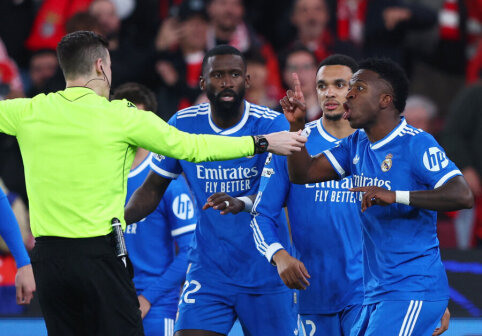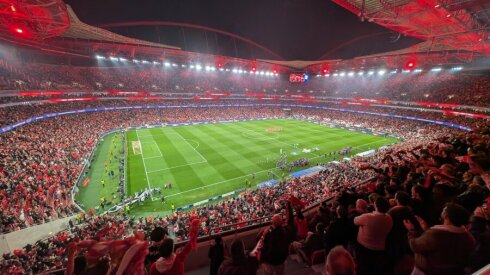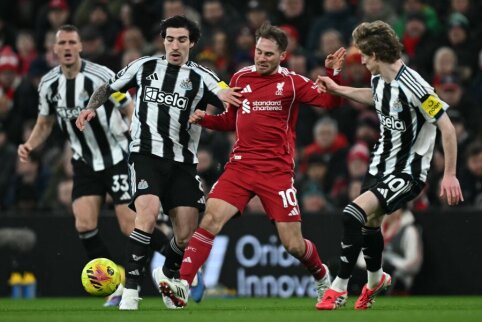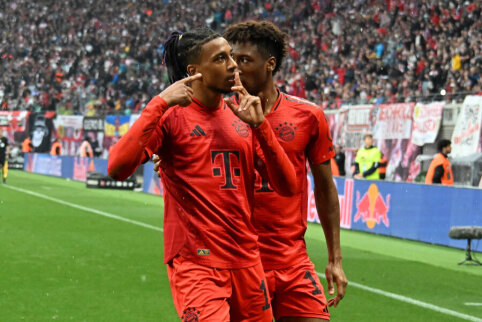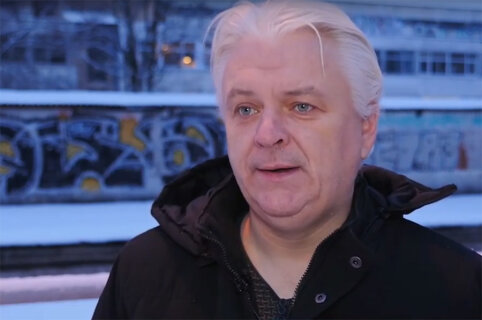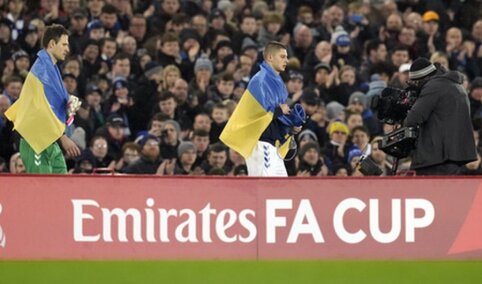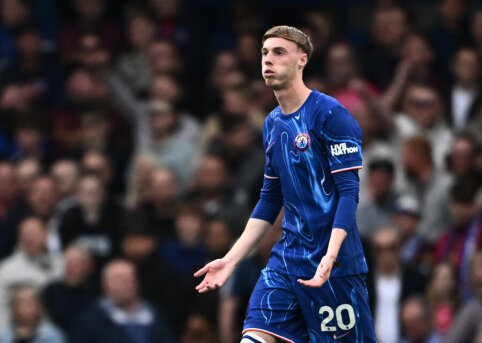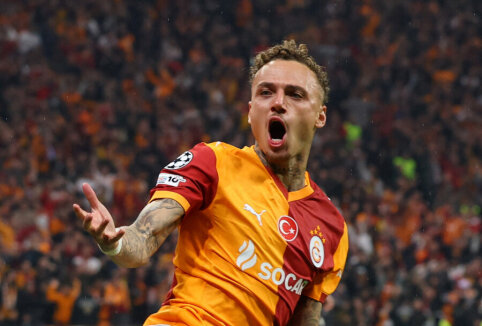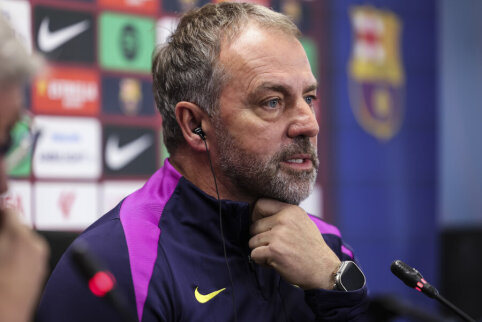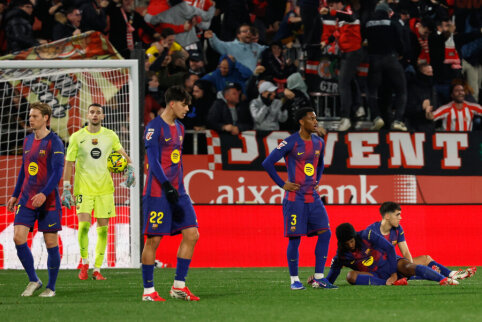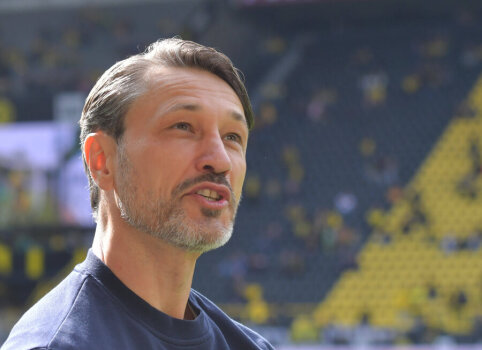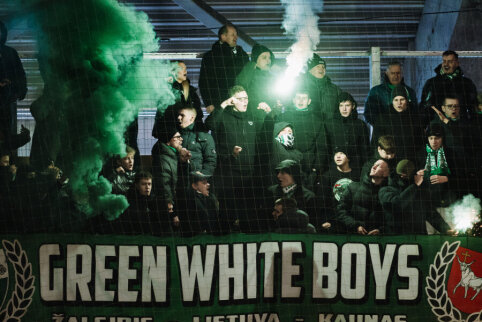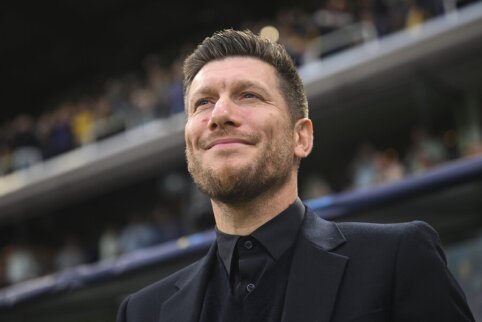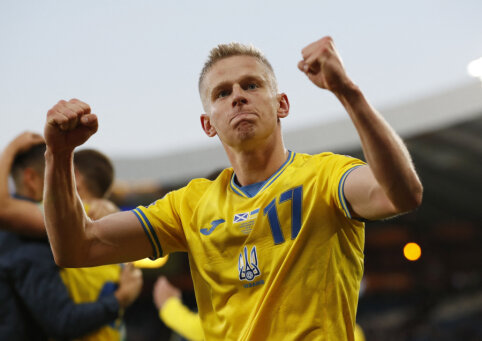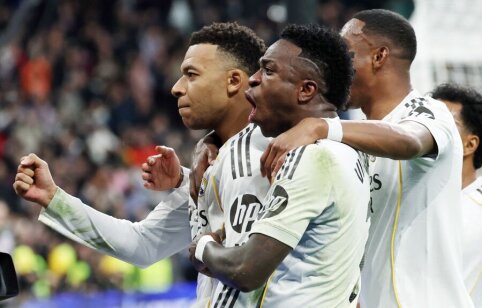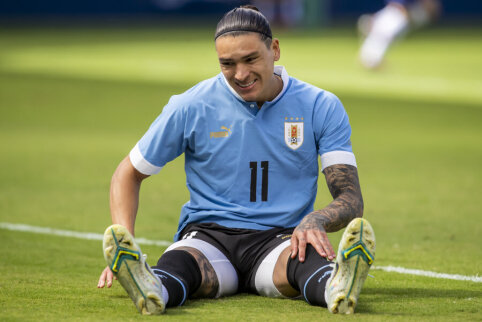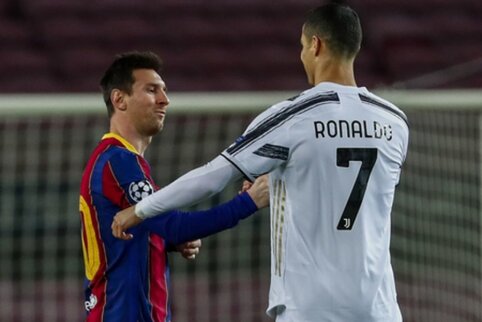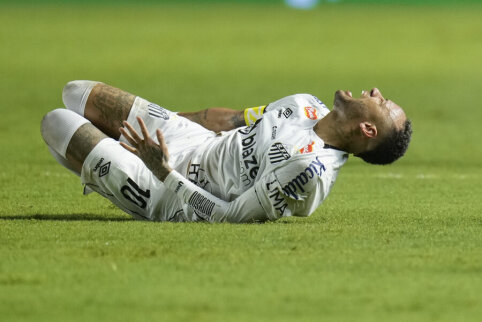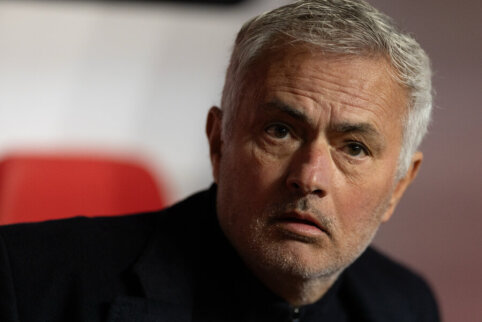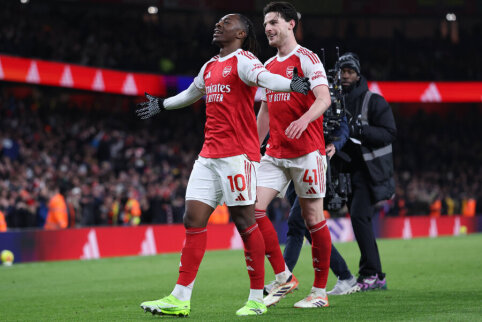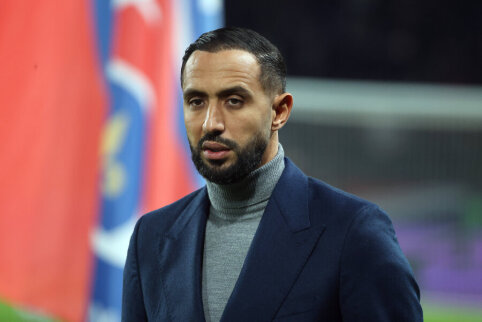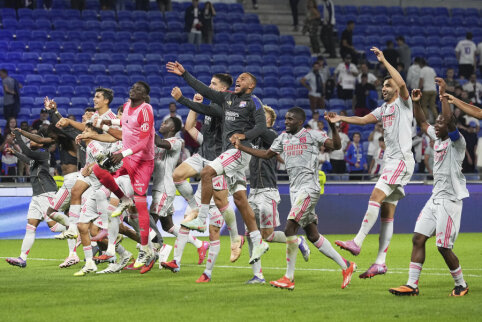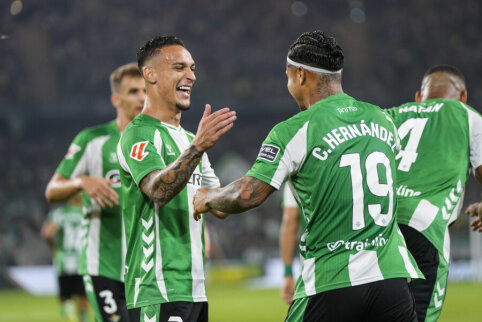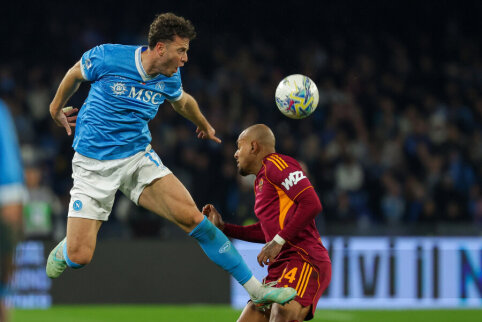 © EuroFootball.com
© EuroFootball.com
At present, while club teams in Europe are just starting new national championships, in South America, more specifically in Brazil, the hottest South American "Copa Libertadores", which is the equivalent of the European UEFA Champions League, finals took place.
In the final, unexpectedly, two Brazilian teams competed for the second consecutive year - last season's cup winners "Sao Paulo" and this year's surprise team "Internacional" from Porto Alegre. The winners in this tournament are determined differently than in Europe after two matches, away and at home.
In the first match at the "Morumbi" stadium, with 80,000 spectators watching, the underdog of the series, the team of "Internacional" coached by Abel Braga, achieved an incredible victory of 2-1 against "Sao Paulo". The team scored two goals, by Rafael Sobis in the 54th and 62nd minutes, while "Sao Paulo" only responded with one goal by EdCarlos in the 76th minute. The tension on the pitch was evident with two red cards. Initially, "Sao Paulo" player Josue was sent off from the pitch, followed by "Internacional" defender Fabinho.
In the second match at the "Beila Rio" stadium, with 56,000 spectators watching, the game started at a high pace with numerous attacks from the "Sao Paulo" club, as last year's champions needed to first redeem themselves in front of their fans and secondly win by a two-goal margin in order to lift the winners' trophy again. Due to the rioting fans of both teams and the field being covered in smoke from flares, the match was temporarily suspended.
"Internacional" took advantage of the break and after a regrettable mistake by goalkeeper Rogerio Ceni, the team's leader Fernandao scored the first goal in the 29th minute. "Sao Paulo" equalized after the break with a goal by defender Fabao in the 50th minute, but another mistake by goalkeeper Rogerio Ceni, as he deflected the ball right to "Internacional" defender Tinga, who put the home team ahead in the 67th minute.
However, Tinga, who had already been warned early in the match, celebrated in a controversial manner after the goal, taking off his shirt, revealing another with the inscription "Thank You Jesus," and was shown a second yellow card by the infamous referee from the World Cup final, Horacio Elizondo from Argentina, and sent off the pitch. Nevertheless, "Sao Paulo" failed to capitalize on the situation and only managed to score the equalizing goal, which was done by Lenilson in the 82nd minute. Thus, the "Internacional" club, written off by all before the final and the semifinals, caused a huge sensation and for the first time in the club's history won the "Copa Libertadores" trophy.
Undoubtedly, not only the fans of both teams were watching this final in Brazil, but also numerous scouts from the most powerful European clubs. It is enough to remember that after last year's final, "Sao Paulo" talent Cicinho moved to "Real" Madrid, and experienced forward Marcio Amoroso to "Milan".
This year, in both teams that played in the final featured such talented players as "Sao Paulo" midfielder Mineiro (who also made Brazil's World Cup squad), legendary goalkeeper Rogerio Ceni (although his age might hinder him from moving to European clubs), defender Junior (former player of "Parma"), Ricardo Oliveira (who helped the club reach the final but did not play in it as his loan period from "Betis" had ended), defenders Lugano and Fabao, "Internacional" players, the undisputed club leader Fernandao, whether Rafael Sobis who scored two goals in the first match of the final, or Tinga (former player of "Sporting" Lisbon).
If we recall that in the quarterfinals, the talent-rich team "Corinthians" was eliminated from the "Copa Libertadores", featuring well-known players in Europe such as Argentinians Carlos Tevez, Javier Mascherano, Brazilians Nilmar, Carlos Alberto, or Gustavo Nery, it is undeniable that all these players, and perhaps some others, will certainly attract interest from more than one super club in Europe. After all, it is rightly said that Brazil is a well of football talent.
Will "Internacional" be able to compete with European giants like Barcelona? We shall see in the fast-paced Club World Cup.
